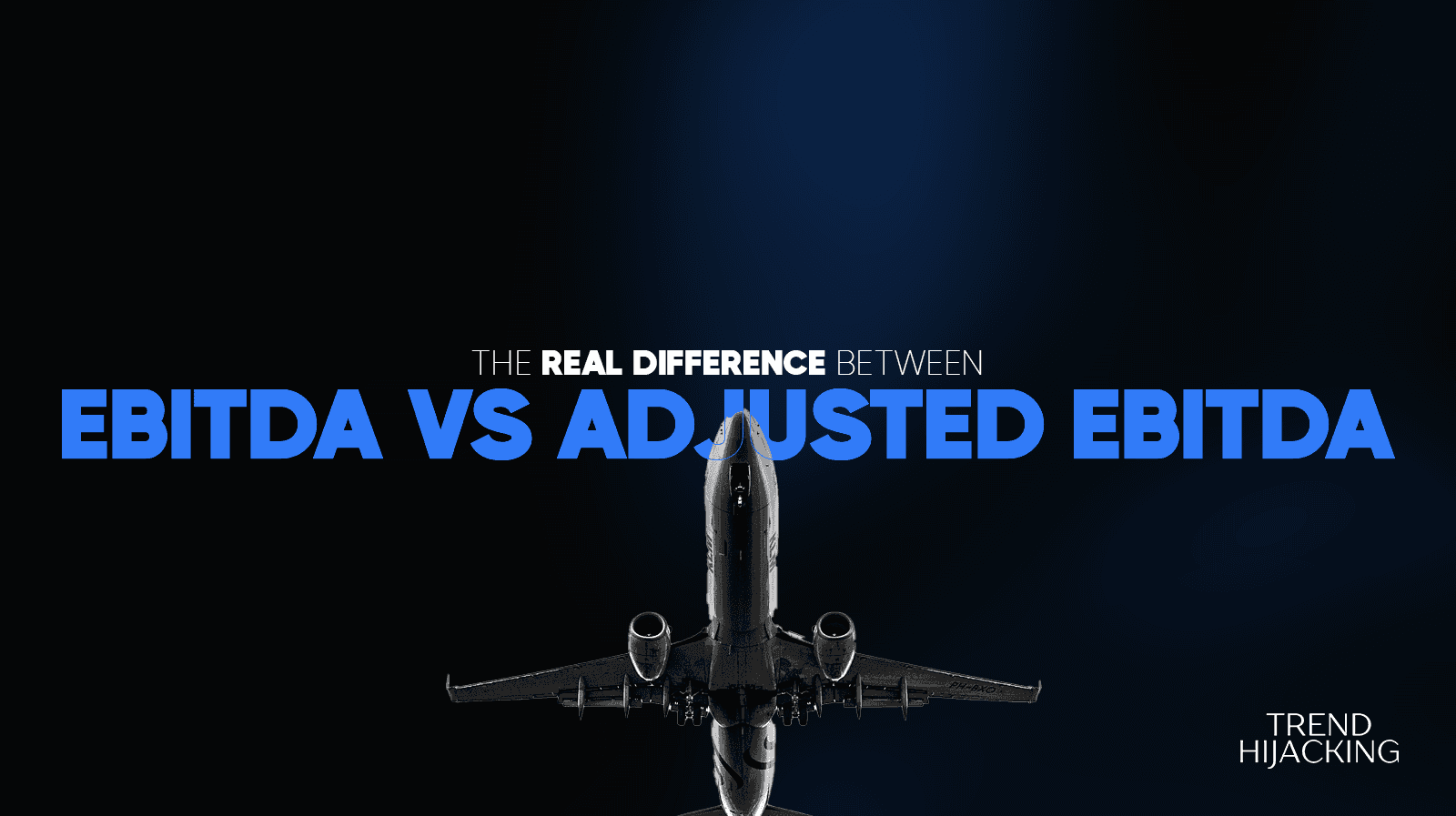How Much Do E-commerce Businesses Sell For? (2026 Guide)
How To Value An E-commerce Business For Sale

Ever wondered how sellers arrive at the prices of their e-commerce businesses? Well, it starts with valuation.
E-commerce businesses are usually valued based on multiples of their earnings. The two common methods used for valuation include:
Seller's Discretionary Earnings (SDE): This particular method is used for smaller businesses and involves using the total financial benefit the owner derives from the business annually.
Earnings Before Interest, Taxes, Depreciation, and Amortization (EBITDA): This method usually applies to larger businesses and gives you a clearer picture of operational profitability.
Each of these e-commerce valuation methods has pros and cons. Nonetheless, they serve as helpful tools for both buyers and sellers when it comes to evaluating a fair price for online stores for sale.
Typical Valuation Ranges For E-commerce Businesses:
It is also worth noting that the selling price of an e-commerce business usually falls within certain multiple ranges:
SDE Multiples: Smaller businesses typically sell for 2x to 4x their annual SDE. For instance, an e-commerce business with an SDE of $100,000 might go for between $200,000 and $400,000.
EBITDA Multiples: Larger e-commerce companies tend to command higher multiples, often between 4x and 6x EBITDA. For instance, a business with an EBITDA of up to $1 million could be valued between $4 million and $6 million!
Note that these ranges will vary based on key factors like business model, growth potential, market conditions, and more.
In the next section, we dig deeper into the factors affecting the price of an e-commerce business…
Sell Your E-Commerce Business Fast
At TrendHijacking, we help you connect with serious investors who are ready to buy e-commerce businesses like yours.
We check all the numbers and present your business in the best light. Our pre-vetted buyers skip the “is this real?” stage, so you can get a better price and close faster.
Submit your business details today and make selling simpler, faster, and more profitable.
Factors That Influence The Sale Price of An E-commerce Store
The sale price of an e-commerce business is not set by simple math. Many factors come into play to help determine the final price tag.
Here’s a rundown of the KEY factors:
Financial Performance

This is one of the key factors affecting the price tag. After all, valuation simply starts with numbers. You should expect stores with steady and growing sales to feature higher prices.
Financial performance can further be divided into profit margins and cash flow:
Profit: A business that earns good profit will attract more buyers. Many online stores see their value grow when they show a consistent profit. One study found that businesses with stable profit lines sell for a premium compared to those with fluctuating income.
Cash flow: This is a true indicator of a business’s ability to sustain all its operations and even reinvest.
Overall, strong, growing financials translate to reduced risk for buyers and thus can justify higher sale prices for online shops.
Traffic Sources (And Conversion Rates)

The traffic a store receives is another factor that can lower or raise its value.
If you’re looking at a store that attracts a lot of organic traffic from search engines, then you should expect it to sell at a much higher price tag!
This kind of traffic is usually taken as a sign that the business can sustain itself.
The source of the traffic matters too. Organic traffic is more reliable than traffic paid for with advertising.
Niche

The niche of the e-commerce business affects its overall value.
A store in a fast-growing niche can command a higher price than a store in a declining niche.
The growth potential in the industry also helps boost the price.
An online business that shows trends of growth may see its sale price multiplied by future promise.
Market trends

The market the business is based in can also hugely affect its cost.
For example, during the last few years, many e-commerce businesses have sold for multiples, which reflects the strong performance of online sales.
One report showed that the average multiple for e-commerce businesses ranged around 2.5 to 4 times EBITDA.
Yet, this number can change with the market. A strong market may boost the average multiple, while a weak market may lower it.
Buyers and sellers adjust their expectations based on these trends. This means that market timing can affect the sale price significantly.
Business Age and Stability

Yes, how long the business has been in operation is also a crucial factor for establishing the revenue.
Businesses that have been in the game for longer and have a track record of consistent performance are generally valued higher.
Growth potential

The value of an e-commerce business can also be affected by its growth potential.
Essentially, all businesses with many growth opportunities tend to fetch higher price tags.
After all, every serious buyer is looking for a way to grow the business they can acquire to increase revenue and profitability.
Operational Efficiency

An e-commerce store with an efficient system will enjoy reduced overhead and improved scalability, placing it high on the price spectrum.
If the store you want to buy has already implemented automation in key areas such as fulfillment, customer service, inventory, and accounting can help minimize labor costs.
Imagine acquiring an online store with a well-documented, fully optimized supply chain:
This can go a long way in lowering error rates and speeding up delivery, greatly improving customer satisfaction and reducing returns.
As a buyer, you’d be highly willing to acquire such a business with simple operations. Businesses with operations that sound too complex may attract a lower valuation.
Price Ranges for E-commerce Businesses

The prices for e-commerce businesses vary widely…
Small online businesses can sell for as little as $10,000 or less if they have low revenue and profit.
Many new online stores find buyers who pay between $10,000 and $50,000. These often come with a lot of risk or require a lot of work to grow.
Stores with steady revenue and proven customer bases often sell for between $100,000 and $500,000. They show more than a proof of concept.
The larger e-commerce companies can sell for millions of dollars when they have strong, growing sales and high profit margins.
It is important to note that many transaction prices are affected by negotiation and due diligence.
This means that the final sale price might differ from the initial asking price based on what is discovered in the review process.
Tips for Buyers

If you plan to buy an e-commerce business, we strongly advise you to keep the following tips in mind to ensure you pay a fair price:
Take your time to carefully review the numbers: Check financial records. Ask to see profit and loss statements, tax returns, and traffic data for at least the past three years.
Sellers, on their part, should ensure their records are clear and up-to-date. This transparency helps both sides agree on a fair price.
Do not skip market research: Study similar sales in the same niche. It isn't an uncommon thing to find a range of multiples in the same niche.
Use this data to set realistic goals. In negotiations, use the facts to support your price. Let the data speak for itself!Don’t shy away from professional advice: Many buyers turn to brokers who specialize in e-commerce. These experts can guide you through the entire sales process.
They help you verify the numbers and set appropriate multiples. This extra step can save you money or boost your sale price.
A broker adds a level of trust that can be especially important in high-value deals.
Conclusion
E-commerce business prices vary depending on factors like profit, traffic, niche, and market trends that influence value.
Small niche sites might sell for $10K, while larger ones can hit millions. As a buyer, always verify financials, research the market, and negotiate using due diligence to ensure you don’t overpay.
With smart planning, you'll easily find a business that fits your goals and offers you real growth potential.
A Better Way to Sell Your E-commerce Store
At TrendHijacking, we help you sell your e-commerce business to serious buyers who are ready to move fast.
We check your numbers, prepare your business for buyers, and present it in a way that helps you secure a stronger offer.
Our vetted buyers skip the early doubt stage, which helps you close quicker and with less stress.
Share your business details today and make your sale simpler, faster, and more profitable.
Sell Your E-Commerce Business Fast
At TrendHijacking, we help you connect with serious investors who are ready to buy e-commerce businesses like yours.
We check all the numbers and present your business in the best light. Our pre-vetted buyers skip the “is this real?” stage, so you can get a better price and close faster.
Submit your business details today and make selling simpler, faster, and more profitable.
A Done-For-You E-commerce Business
Discover how we Build, Launch, and Scale a 6-figure/month Business for You
Learn more
The 6-Step Blueprint to E-Commerce Acquisition
See how we Acquire, Convert, and Scale with Real Case Studies to Prove It.




















